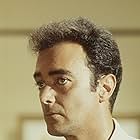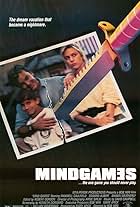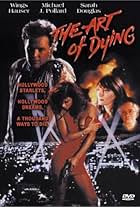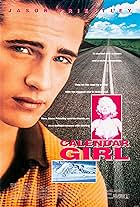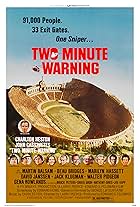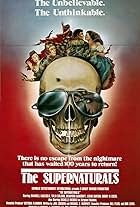Based upon the play SANCTUARY, by William Norton, Sr., this film, scripted by the director, Paul Leder, is not so much an adaptation as an extension, with numerous plot threads overdeveloped by Leder, with an end result that "Sanctuary", an underground Christian church-based movement to harbour political refugees from Central America, is jettisoned in favour of poorly defined melodramatic issues. Edward Albert is cast as Filipe Soto, a revolutionary from an undetermined republic who has been tortured and emasculated by his opponents, but has escaped to northeast Los Angeles County where this low budget picture is filmed (in and near Acton) and where he is hidden within a compound for Central American illegal aliens while his wife (Kamala Lopez) obtains employment at a nearby diner managed by Sonny (Stella Stevens) and her alcoholic son (Maxwell Caulfield). Leder has chosen to bless this minglement with such as a mini death squad of three, headed by a rogue CIA agent, which has trailed Soto to his lair; a local sheriff (of which jurisdiction we are not enlightened), played by Wings Hauser, possessed of critical electoral and romantic anxieties; a rural psychiatrist (Viveca Lindfors) whose purpose is never made patent; an incestuous nexus between Sonny and son; and on, and on. The work's artistic point of view is dialectic and accounts for the singular deportment of nearly all characters, e.g., a sheriff who capriciously frees a prisoner (with a cash bonus added!) and the walking right-wing cartoons who go about gracelessly butchering all and sundry. The acting is cavalier, as should be expected given a weak director, with Albert quietly effective as an activist university professor, attempting to contravene genocide in his nation, and there are polished turns from John Considine and Gina Gallego, whilst Caulfield and Stevens are distressingly grating. To be fair, one must own that the origin for the flavourless performances of the latter duo is to found within the scenario, an awkwardly disposed piece wherein a glut of themes and cliches beggars any attempt to focus upon one, a deplorable shortcoming considering the highly charged emotions attributed to the parts.














